Health & Medicine
-
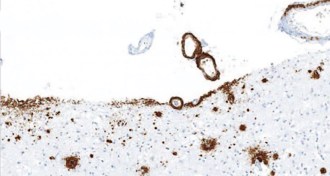 Neuroscience
NeuroscienceMisfolded proteins implicated in more brain diseases
Alzheimer’s, other disorders show similarity to Creutzfeldt-Jakob disease and other prion infections.
-
 Environment
EnvironmentLatest BPA replacement seeps into people’s blood and urine
Replacements for BPA called BPS and BPSIP may raise health risks for cashiers.
By Beth Mole -
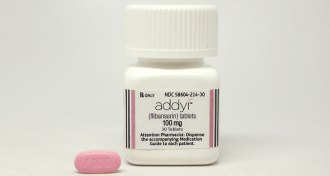 Health & Medicine
Health & MedicineWith flibanserin approval, a complicated drug takes the spotlight
The Food and Drug Administration has approved the first drug to increase women’s sexual desire. But whether the benefits outweigh the side effects depends on who you ask.
-
 Health & Medicine
Health & MedicineHow farm life can prevent allergies
Farm dust prevents allergies by turning on an anti-inflammatory enzyme in the cells lining mice’s lungs.
By Meghan Rosen -
 Health & Medicine
Health & MedicineMicrobes make the meal, new diet book proposes
Researcher Tim Spector skewers conventional thinking about weight loss in ‘The Diet Myth’
By Meghan Rosen -
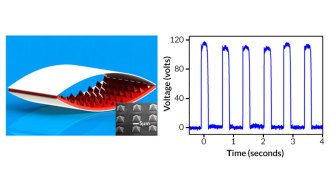 Materials Science
Materials ScienceNanogenerators harvest body’s energy to power devices
Nanogenerators offer body-harvested energy to fuel bionic future
By Beth Mole -
 Neuroscience
NeuroscienceThe need to feed and eating for pleasure are inextricably linked
Scientists used to think that the hunger and the pleasure from food could be easily distinguished. But new results show these systems are inextricably intertwined.
-
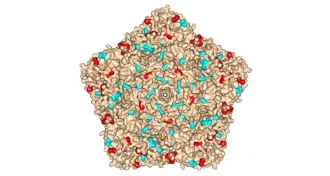 Health & Medicine
Health & MedicineVaccinated man excretes live poliovirus for nearly 3 decades
For almost 30 years, a man with an immune deficiency has been shedding poliovirus strains that have evolved from the version he received in a vaccine.
-
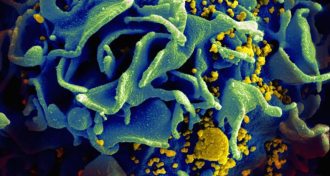 Health & Medicine
Health & MedicineEarlier is better for HIV treatment
People infected with HIV benefit from starting a drug regimen early, an international study finds.
By Nathan Seppa -
 Health & Medicine
Health & MedicineBlood test can predict breast cancer relapse
Blood tests for breast cancer DNA can predict relapse.
-
 Health & Medicine
Health & MedicineVirus closely related to hepatitis A discovered in seals
Scientists have discovered a relative of the hepatitis A virus in seals.
-
 Neuroscience
NeuroscienceAltered protein makes mice smarter
By tweaking a single gene, scientists have turned average mice into supersmart daredevils.